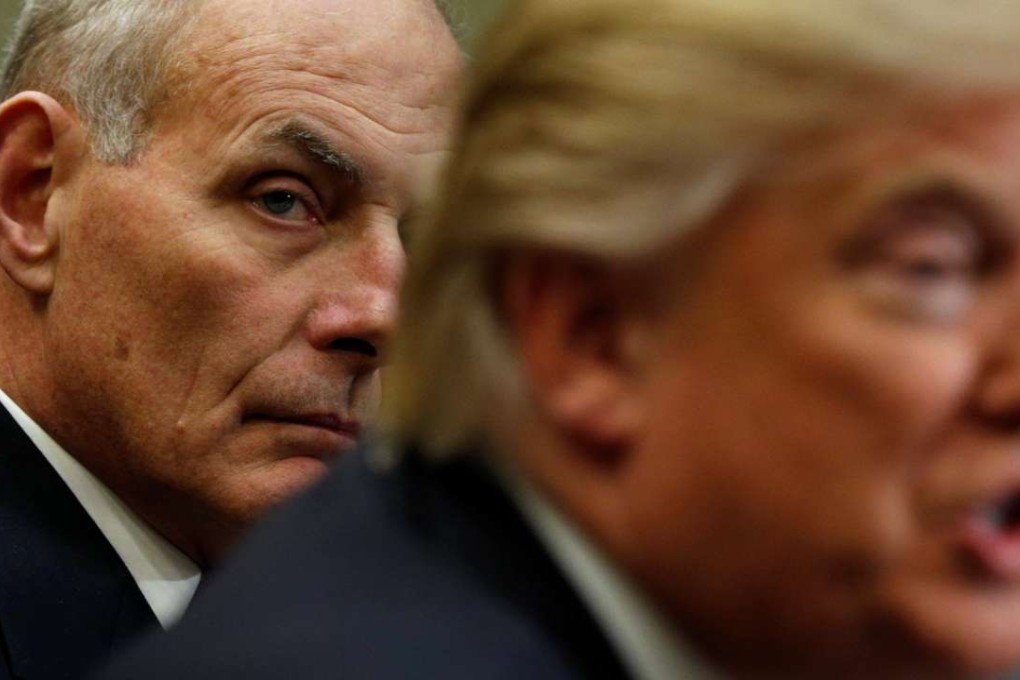Why America is in good hands with this generation of generals
Niall Ferguson says a study of the character and career records of the three military men in Trump’s administration suggests that their rise should be celebrated, not feared. Besides, civilians are to blame for the US misadventure in Vietnam, not the military

It was almost exactly 52 years ago, on March 8, 1965, that the first American combat battalions came ashore at Da Nang, South Vietnam. In the next six months, the US government took the worst strategic decision of modern times: to escalate that military commitment just enough to entangle the United States in the war between North and South Vietnam, but not enough to win it.
Half a century later, American society still bears the scars of Vietnam. Visit any major American campus and you will encounter a new generation of student revolutionaries, self-consciously imitating the mannerisms of the anti-war movement of the late 1960s: denouncing the president as a fascist and the police as pigs.
For both generations – the baby-boomers, who long ago cut their hair and became management consultants, and the social justice warriors of today – there are few things more petrifying than the spectacle of generals in the government. They despise Donald Trump, but they fear the men in uniform.
Marches against Trump take to streets on ‘Not My President’s Day’
Should the rest of us be worried that three key posts in the Trump administration are now held by military men? General James Mattis is secretary of defence, despite having retired recently as the general in charge of Central Command. General John Kelly is secretary of homeland security, having previously run Southern Command. Lieutenant General Herbert Raymond “H. R.” McMaster was, until his appointment as national security adviser, a deputy commander at the US Army Training and Doctrine Command. It has been a long time since career soldiers held this many top-level government jobs.
Trump names another army general, Herbert McMaster, as his national security adviser

Twelve generals have been president, among them the first, George Washington. Most recently, Dwight Eisenhower served two terms in the White House after a stellar military career.
Even so, a triumvirate of generals looks more Latin American than North American
Even so, a triumvirate of generals looks more Latin American than North American. My former colleagues at Harvard have long been of the view that the executive branch should be staffed exclusively by professors. They look askance at the Trump administration. Some mutter the word “junta”. Others mug up on the fall of the Roman republic. That Jim Mattis’ nom de guerre is “Mad Dog” does not reassure them.
Yet the civilians need to be reminded of what really happened back in 1965. For, the disastrous decisions to escalate in Vietnam were taken against the advice of the generals. The biggest blunder in modern American history was the achievement of Lyndon Johnson, arguably the most politically experienced president of them all; Robert McNamara, the “whizz-kid” former president of the Ford Motor Company; Dean Rusk, a career diplomat before he ran the Rockefeller Foundation; and Walt Rostow, an economist from MIT.
